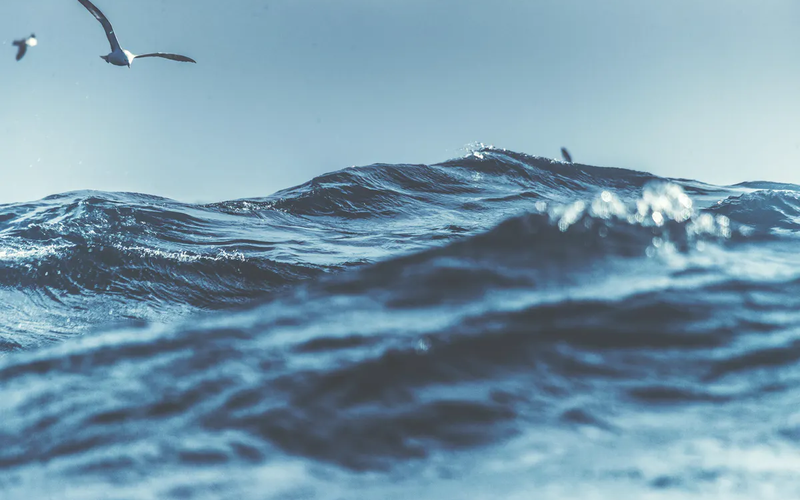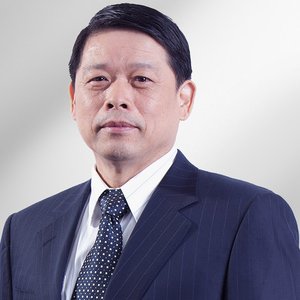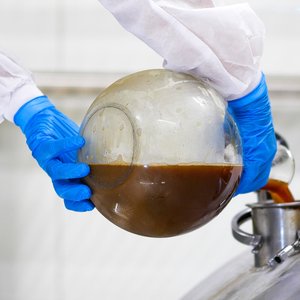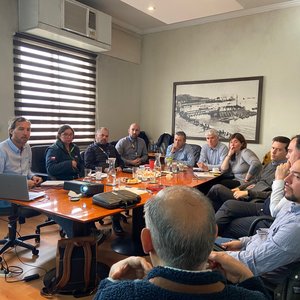A consortium of 17 leading industry and research institutions aims to reduce the environmental impact and improve fish welfare through innovations within offshore and closed technologies, biology, fish feeds, electrification, digitalization and logistics. The project was granted NOK96 million ($11 million) from the Norwegian Research Council.
“Offshore aquaculture has the potential to be a solution in a more sustainable global food system. However, there are many challenges to address before we get there. Industry and research institutions are now launching the largest-ever effort to develop these solutions,” said Ragnar Tveterås, professor at the University of Stavanger, who coordinates the consortium.
The aim of the project Low-emission value chains for ocean-based aquaculture is to deliver new knowledge and innovations enabling offshore aquaculture to contribute to lower carbon emissions, reduce the environmental footprint to protect marine biodiversity and optimize fish welfare. Offshore aquaculture also entails new challenges that must be solved, such as farming in harsh weather conditions.
Specifically, the project aims to deliver innovations in the following areas:
- Sustainable feed for underwater feeding offshore
- Robust post-smolt in closed-containment facilities at sea
- Electrification of offshore farming
- Control systems for semi-autonomous offshore fish farms
- Better fish welfare and increased survival
- Improved logistics at sea
- Improved competence, knowledge and technology to develop environmentally, economically and socially sustainable value chains for offshore aquaculture
Parties engaged include Skretting, Grieg Seafood, SalMar Ocean, Moreld Aqua, FishGlobe, Hauge Aqua and Blue Planet, as well as research institutions such as the Norwegian Veterinary Institute, the Institute of Marine Research, NORCE, Norwegian University of Life Sciences, Norwegian University of Science and Technology, University of Bergen, University of Stavanger, Western Norway University of Applied Sciences, Simula, University of Melbourne and University of Florida.













